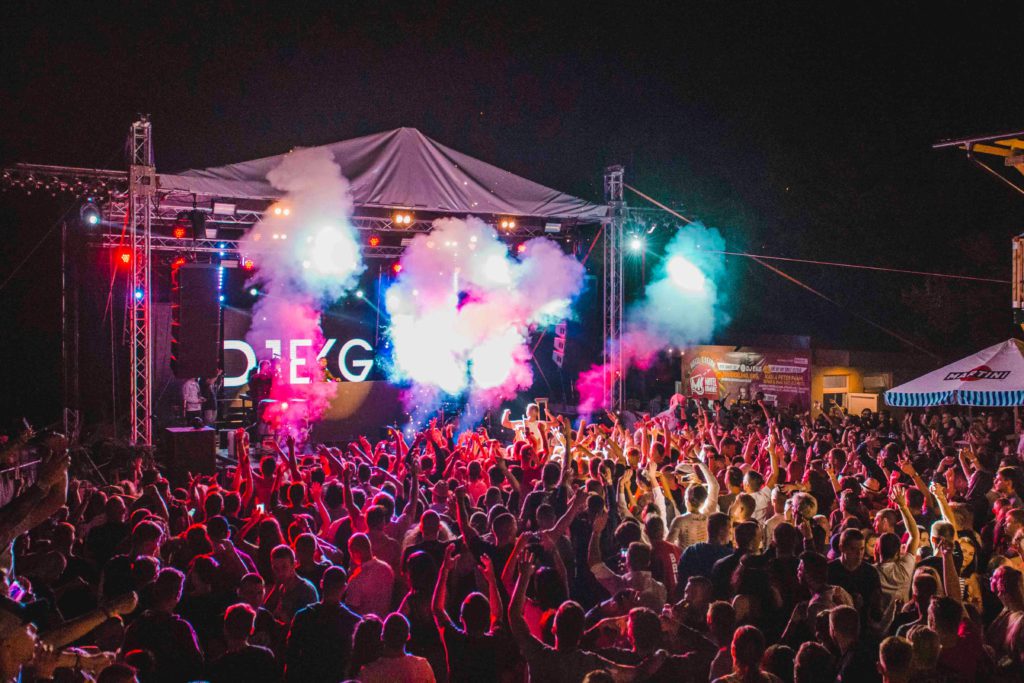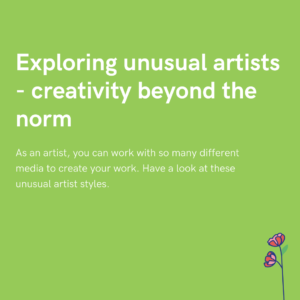Music festivals are a creative outlet that everyone can enjoy. They’ve developed over time, and now, there are music festivals for every genre imaginable.

In today’s world, music festivals are an unforgettable experience. From the huge grounds of Coachella to the incredible stages of Glastonbury. These events attract millions of music lovers each year. But where did this global phenomenon begin? Let’s delve into the fascinating history of music festivals and explore their origins.
Ancient roots
The concept of communal gatherings centred around music and celebration dates back thousands of years. In ancient civilisations such as Greece and Egypt, festivals were held to honour gods and deities through music, dance, and ritualistic performances. These gatherings served as a way for communities to come together, and celebrate their shared culture.
Renaissance fairs and court festivals
During the Renaissance period in Europe, music festivals took on a more refined and elaborate form. Renaissance fairs and court festivals were organised by nobility and royalty to showcase the wealth and power of their kingdoms. These extravagant events featured performances by musicians, dancers, and actors, as well as lavish feasts.
The birth of modern music festivals
The modern concept of music festivals as we know them today began to take shape in the late 19th and early 20th centuries. One of the earliest examples is the Bayreuth Festival. Founded by composer Richard Wagner in 1876. This annual event in Germany showcased Wagner’s operas and attracted music enthusiasts from around the world.
Woodstock and the counterculture movement
The 1960s witnessed a seismic shift in music festival culture with the rise of the counterculture movement. Woodstock, held in 1969 in up state New York, became a symbol of peace, love, and social activism. Over three days, hundreds of thousands of people gathered to celebrate music and unity, making it one of the most iconic music festivals in history.
The expansion of the festival circuit
In the decades that followed, music festivals continued to grow across the globe. Catering to a wide range of musical tastes and cultural interests. From rock and pop to jazz, blues, and electronic music, there’s a festival for every genre and subculture. Events like Glastonbury in the UK, Coachella in the US, and Tomorrowland in Belgium have become household names.
The digital age and virtual festivals
In recent years, the advent of technology has transformed the festival experience. Allowing fans to participate in virtual events from the comfort of their own homes. Livestreamed performances, virtual reality concerts, and interactive experiences have blurred the lines between physical and digital spaces. Opening up new possibilities for global connectivity.
The future of music festivals
As we look ahead, the future of music festivals appears to be bright and dynamic. While the COVID-19 pandemic posed unprecedented challenges for the live event’s industry, it also spurred innovation and adaptation. Hybrid events that combine in-person and virtual elements are likely to become more common, offering greater accessibility.
Music festivals have a rich and storied history that spans continents and centuries. From their ancient roots in communal celebrations to the modern-day spectacles that captivate millions. These events continue to evolve and adapt to the changing cultural landscape. As we embrace the future of music festivals, let us celebrate the timeless spirit of music.






